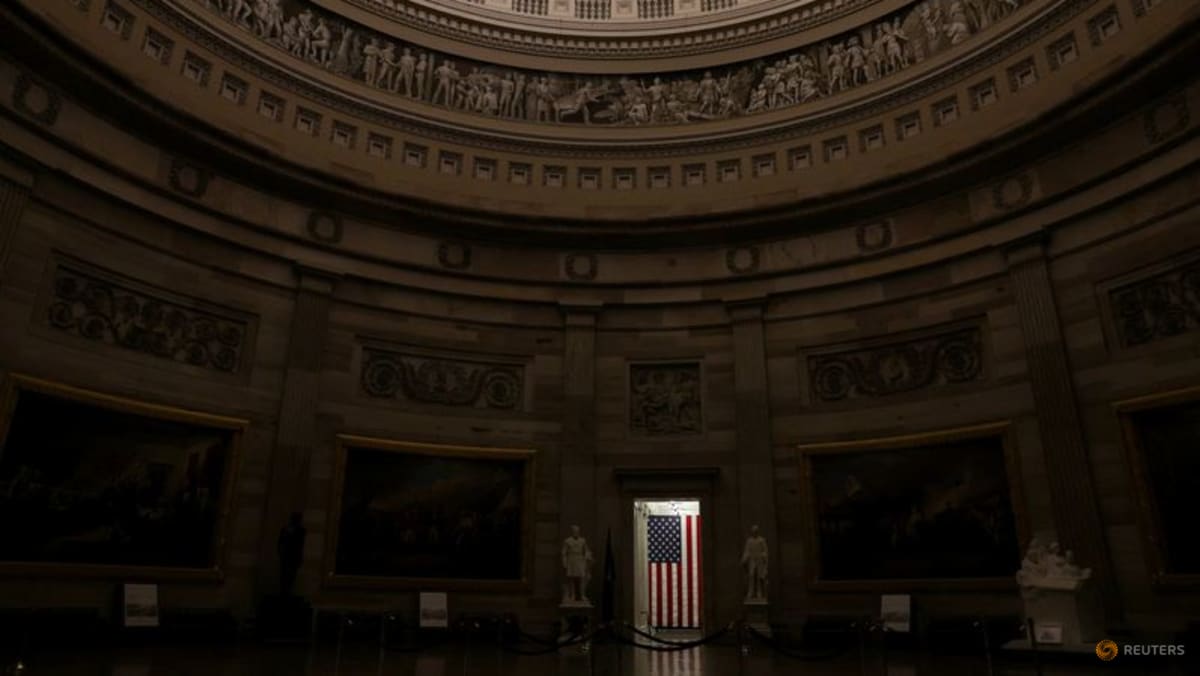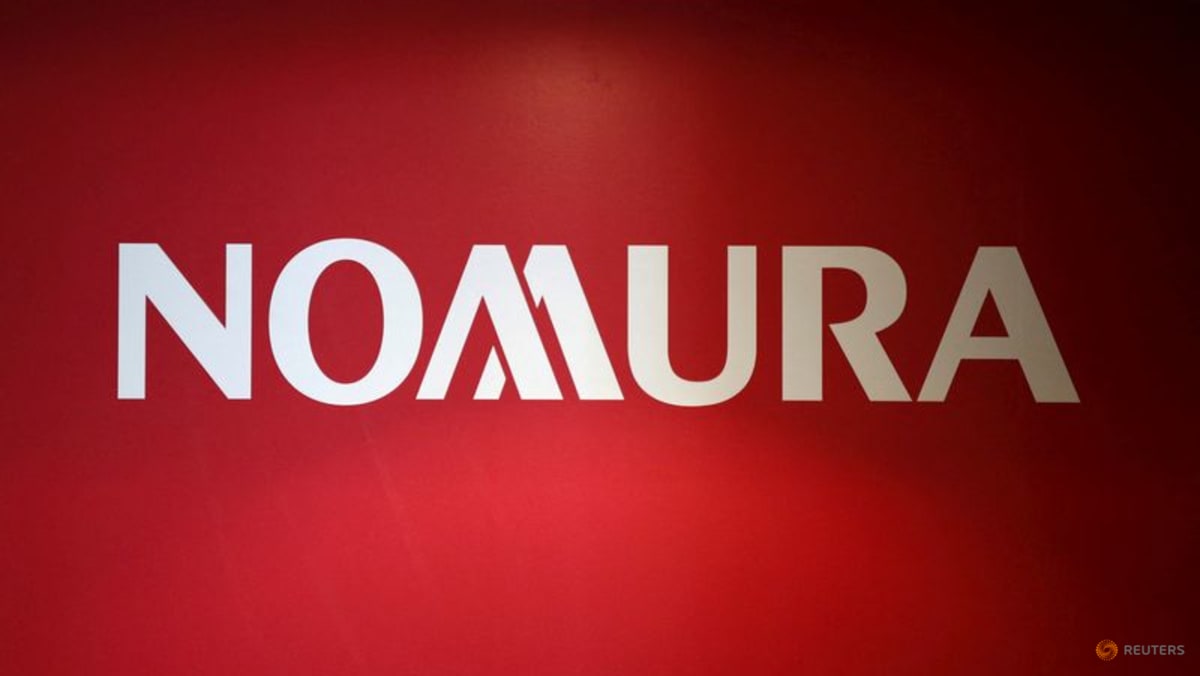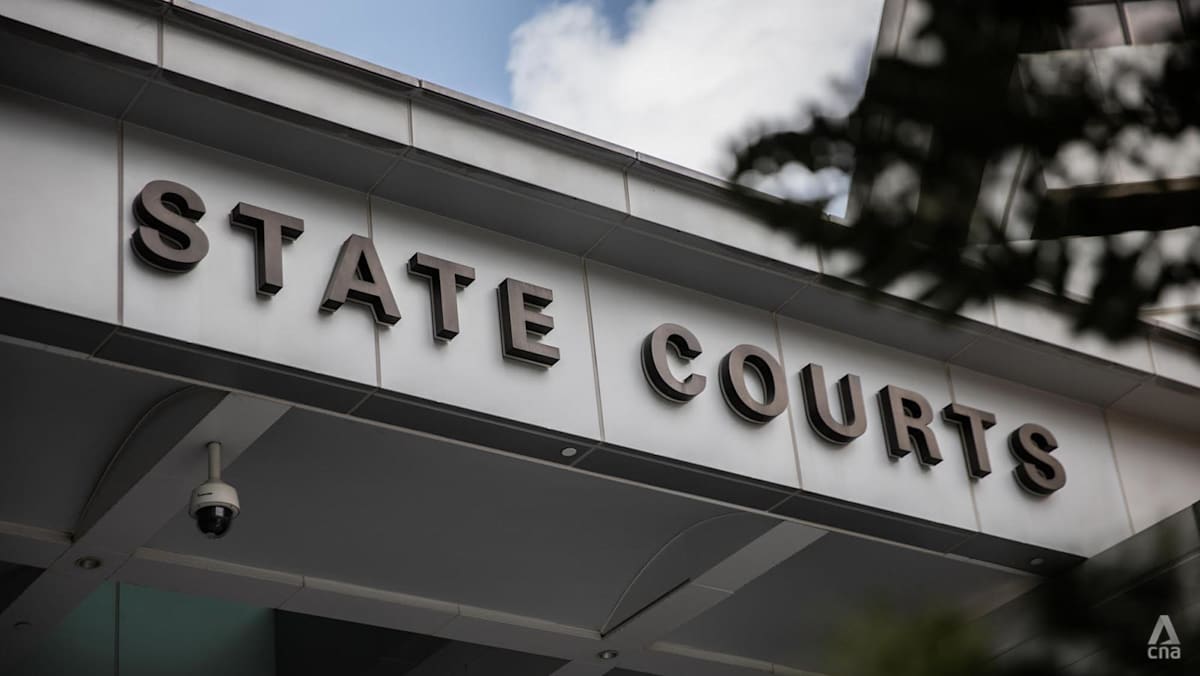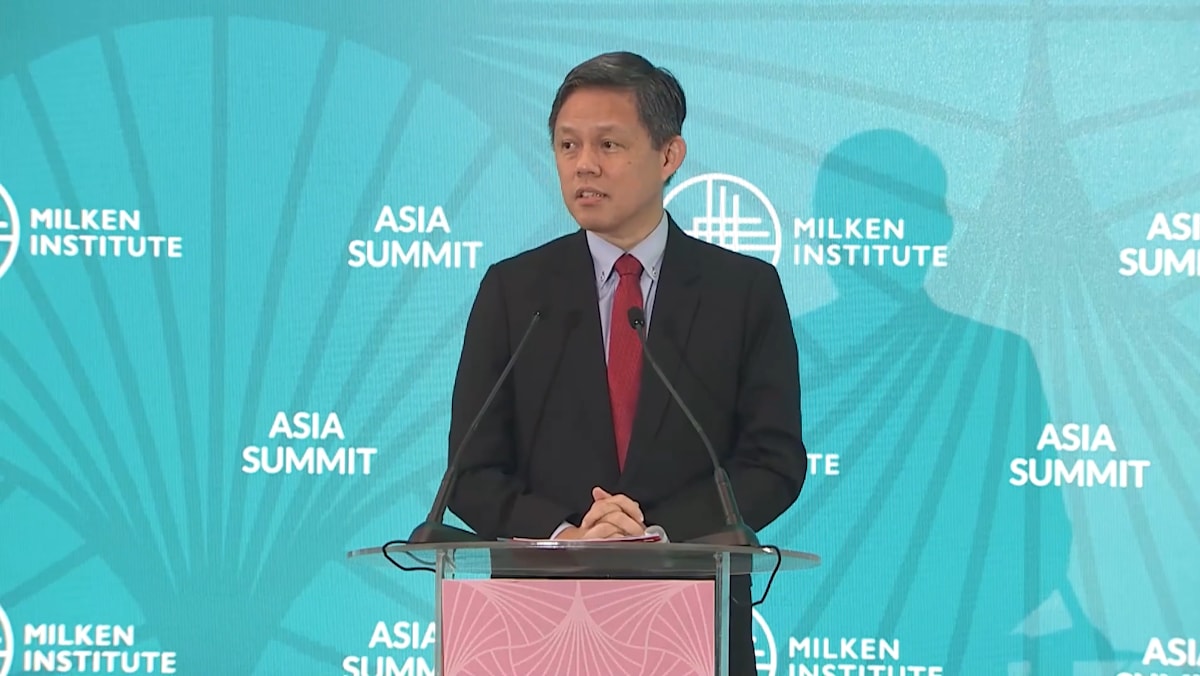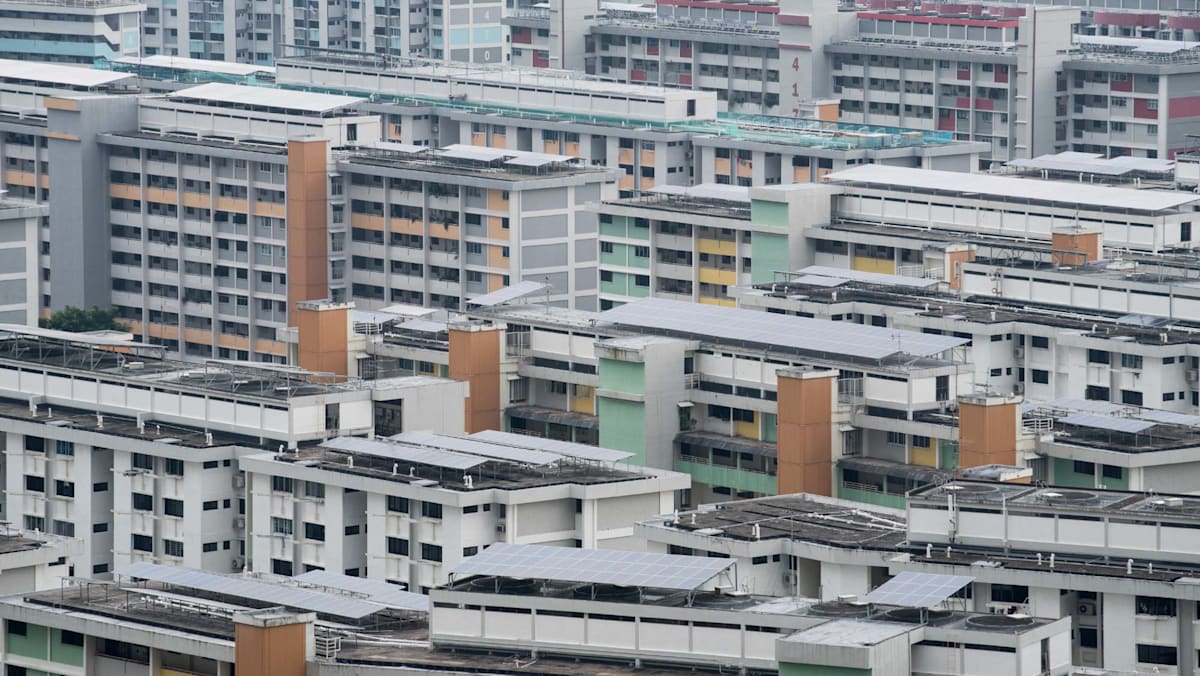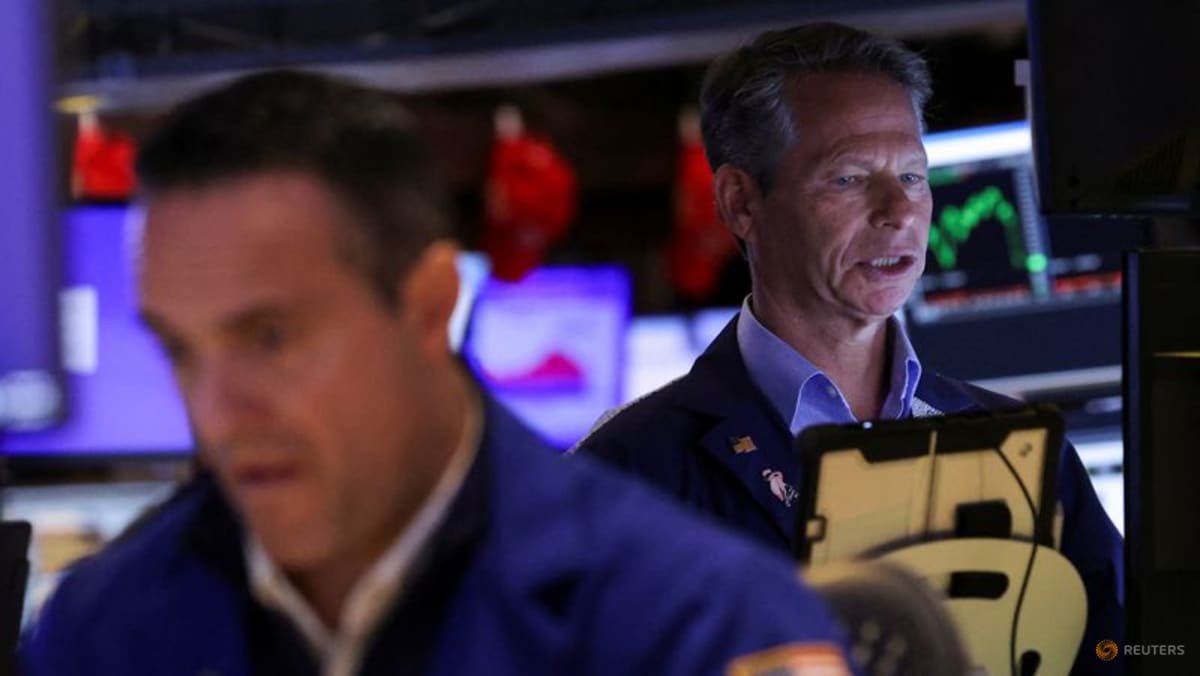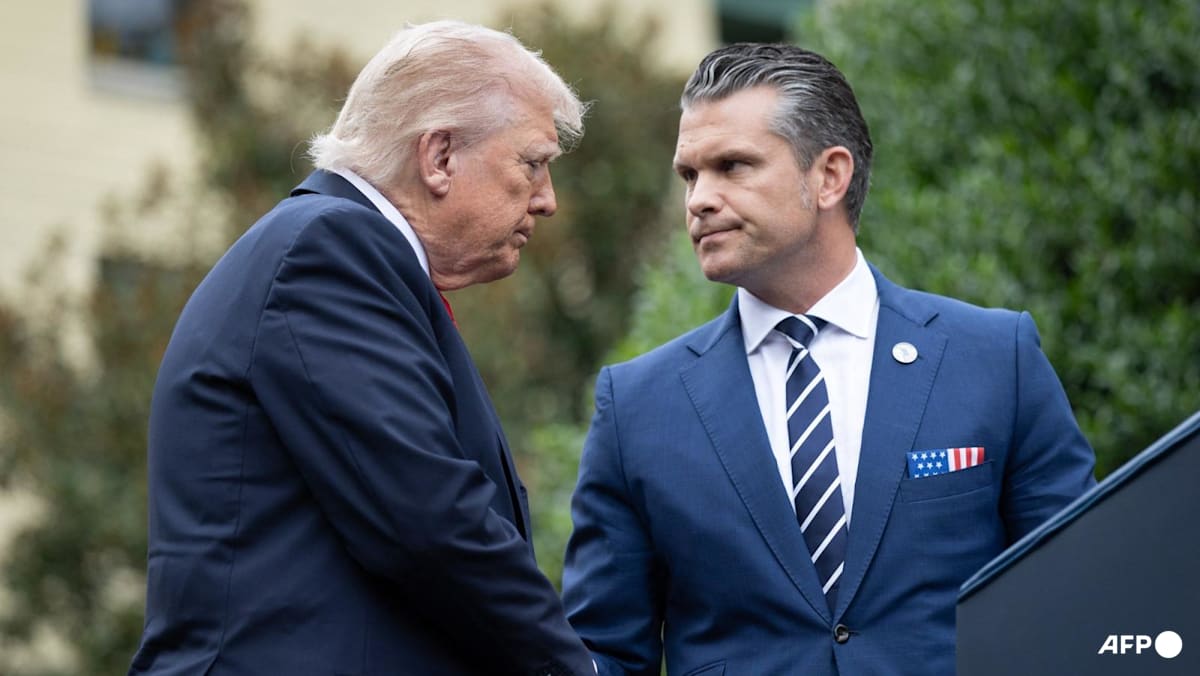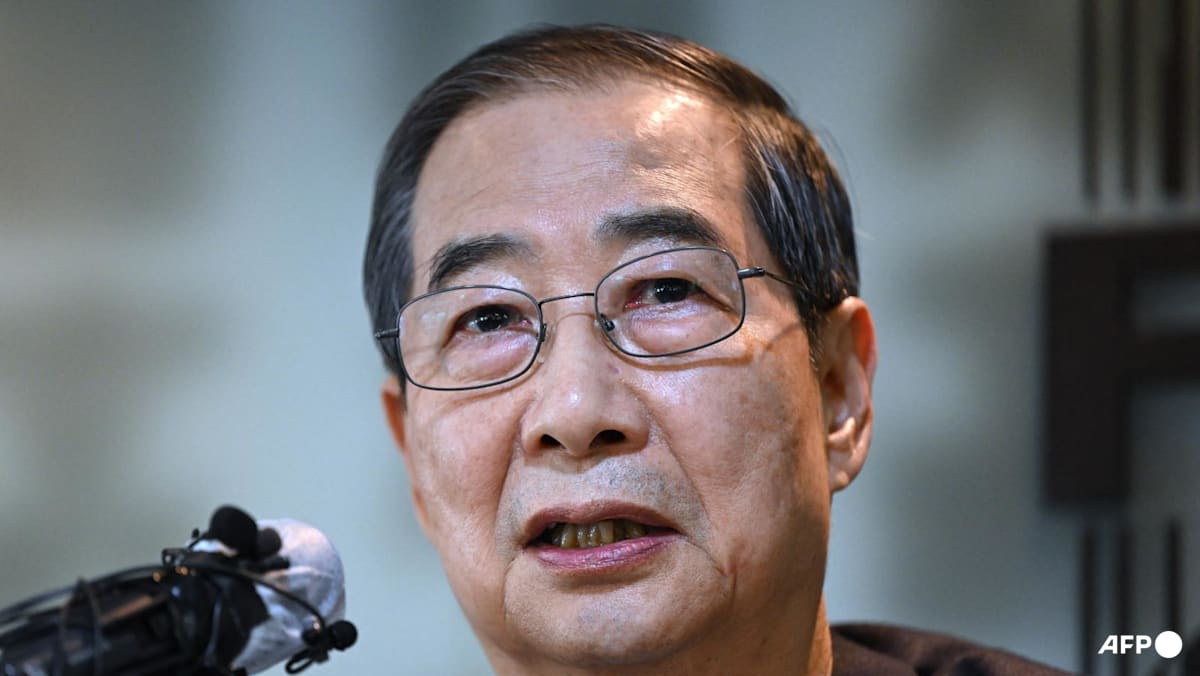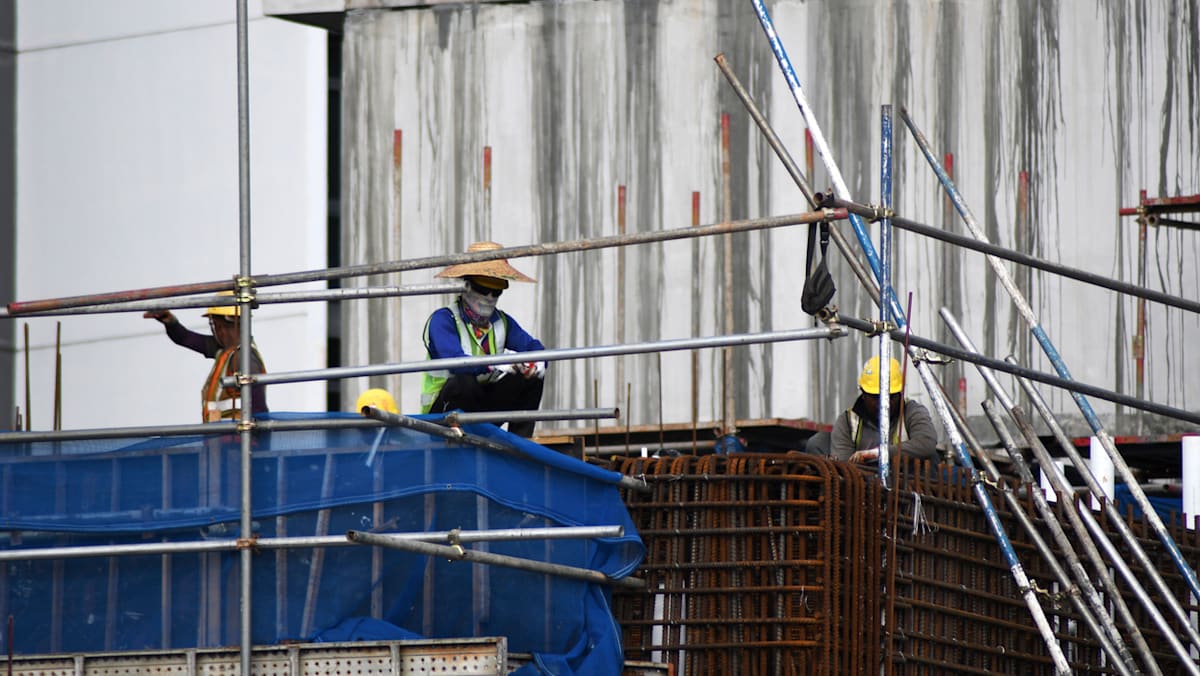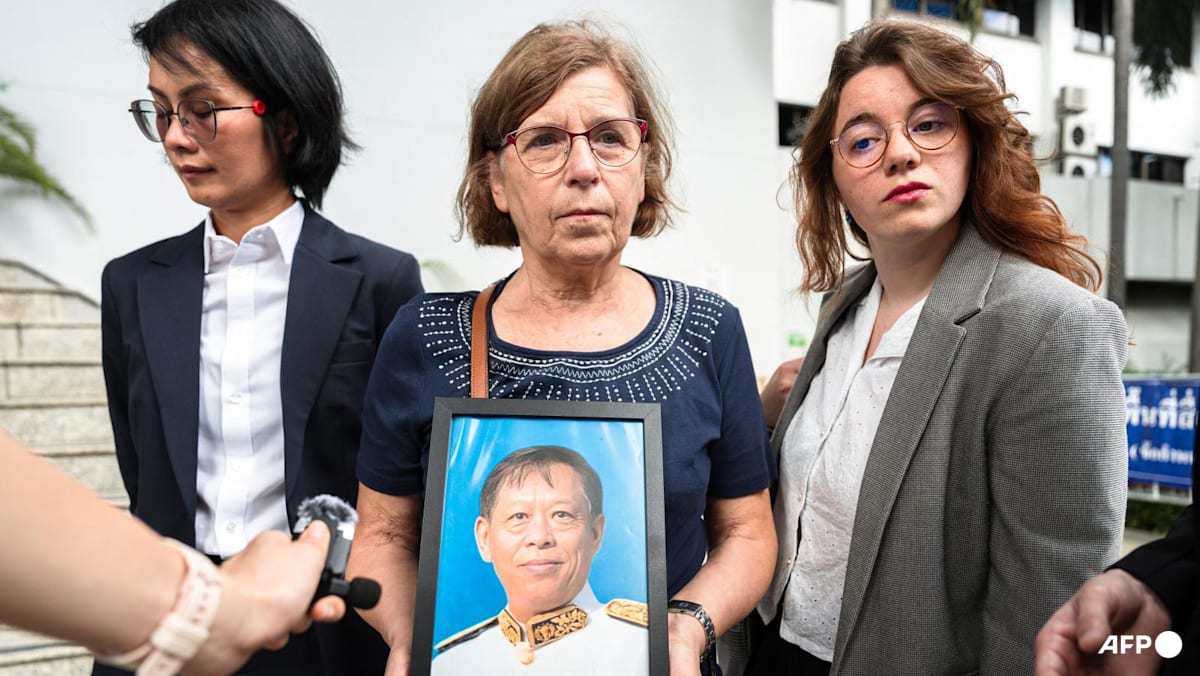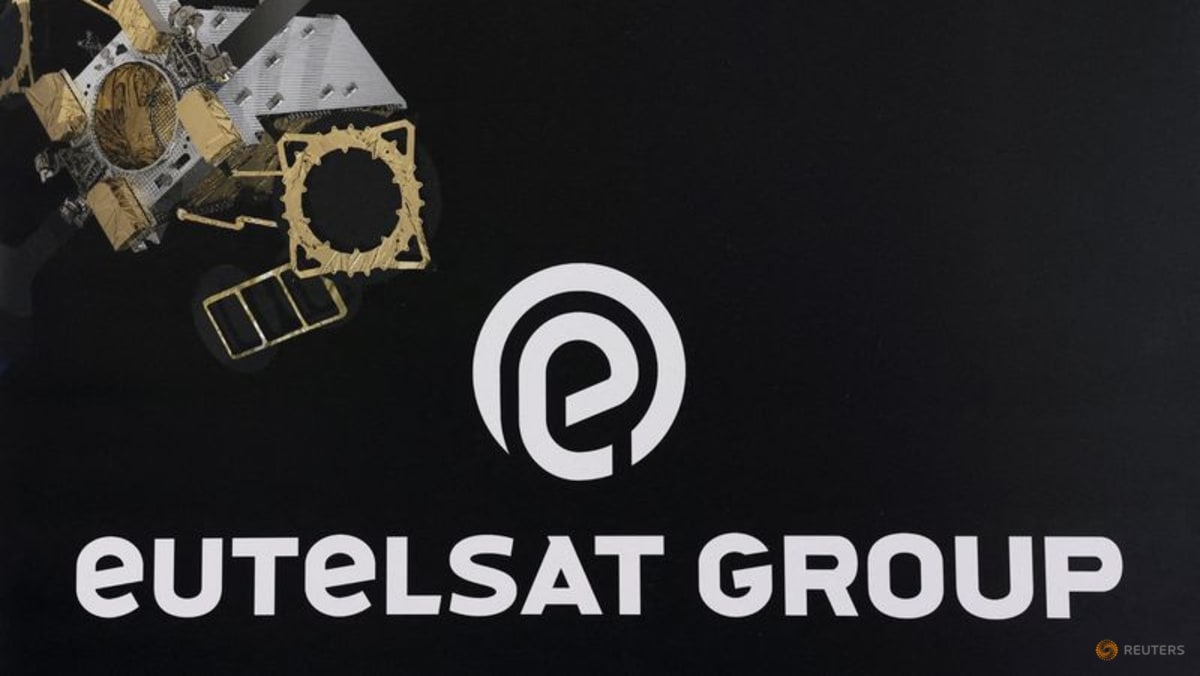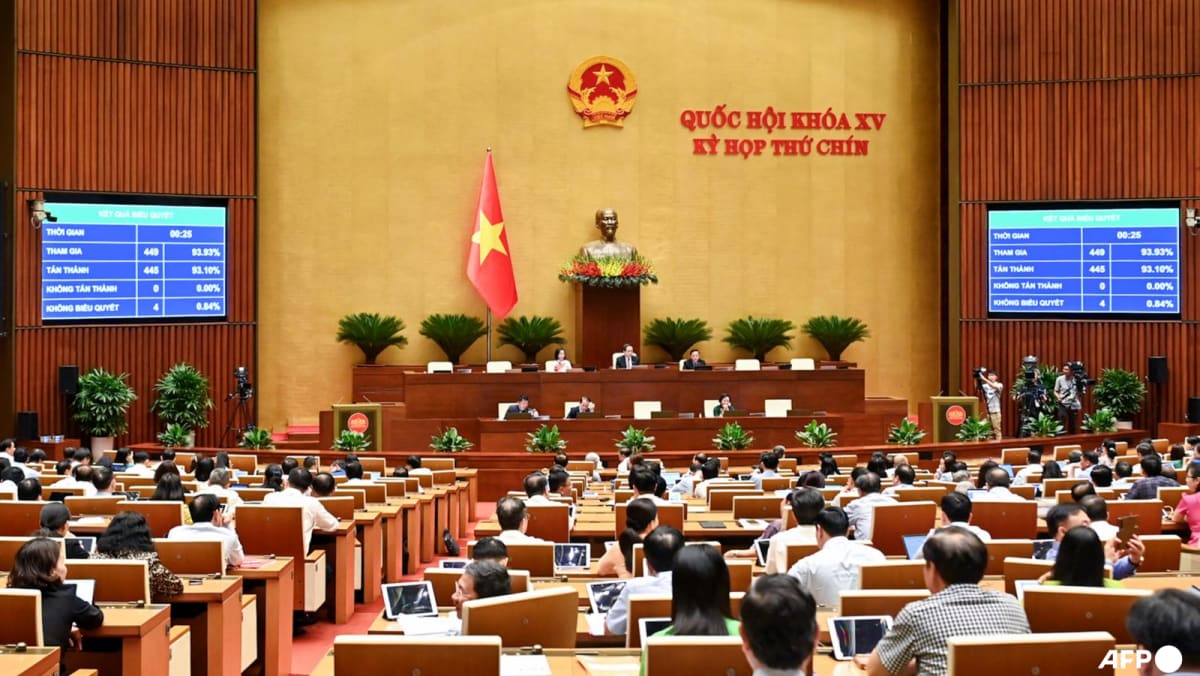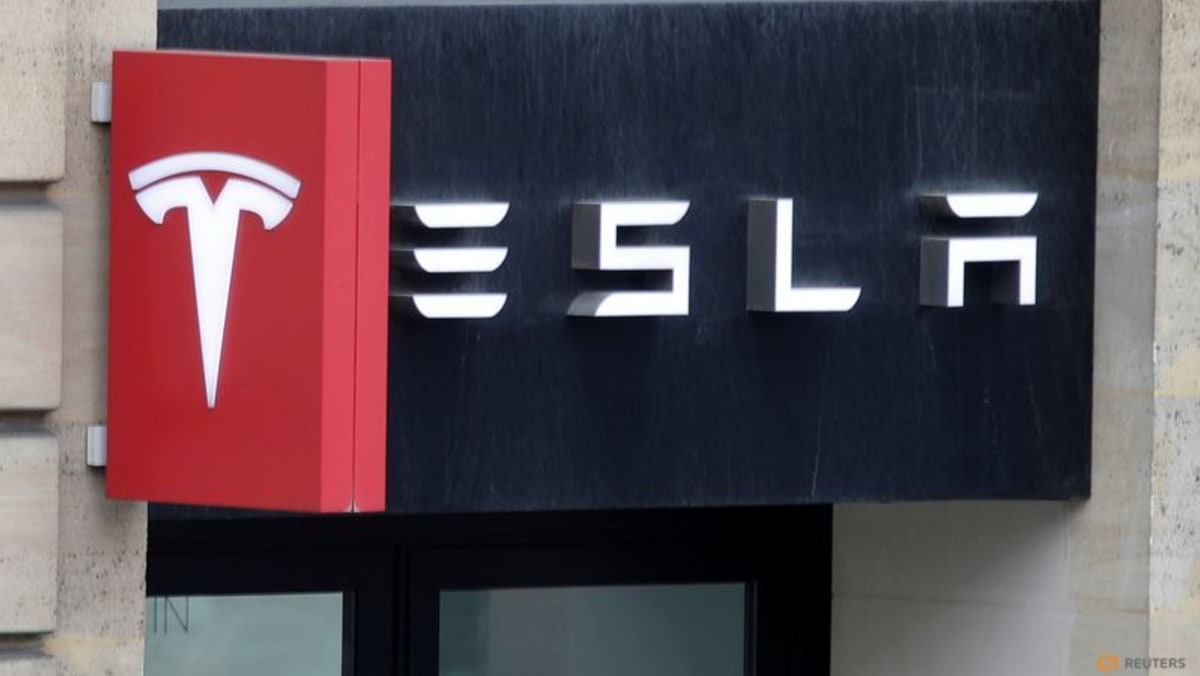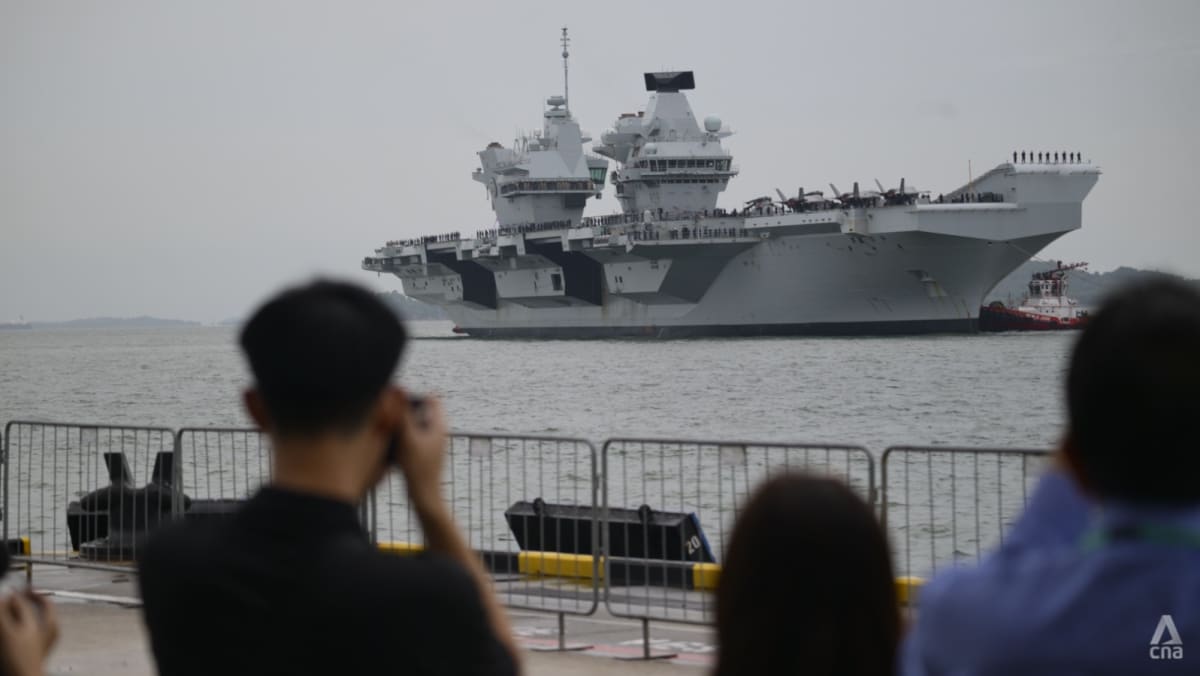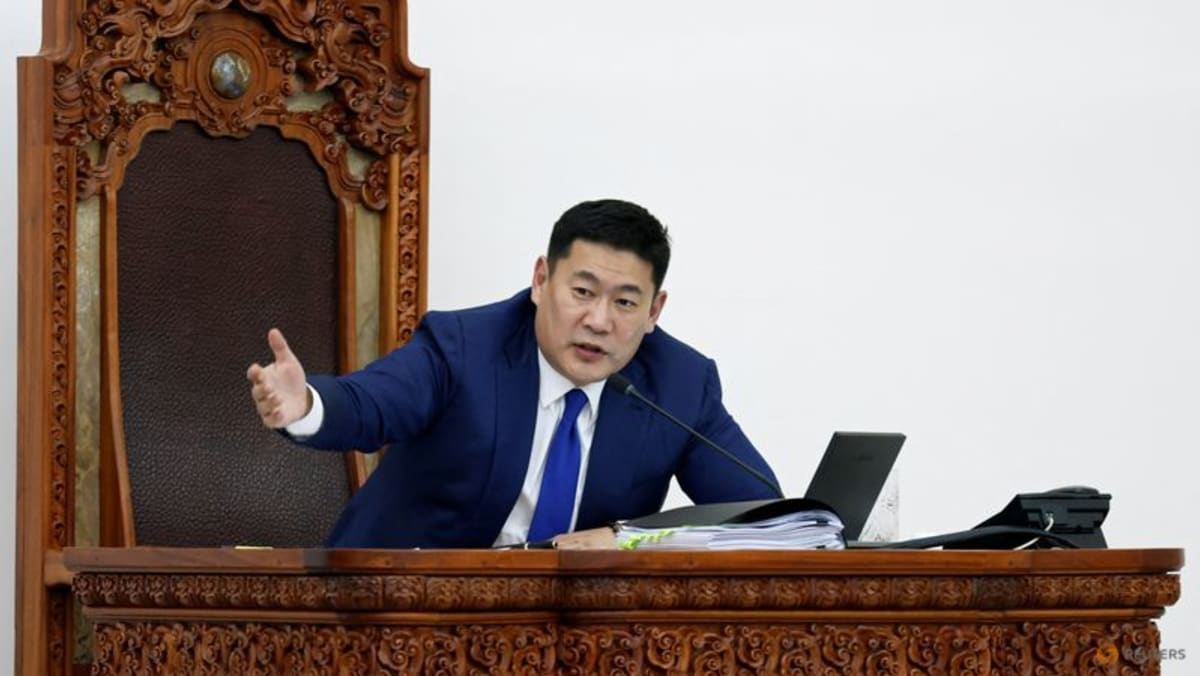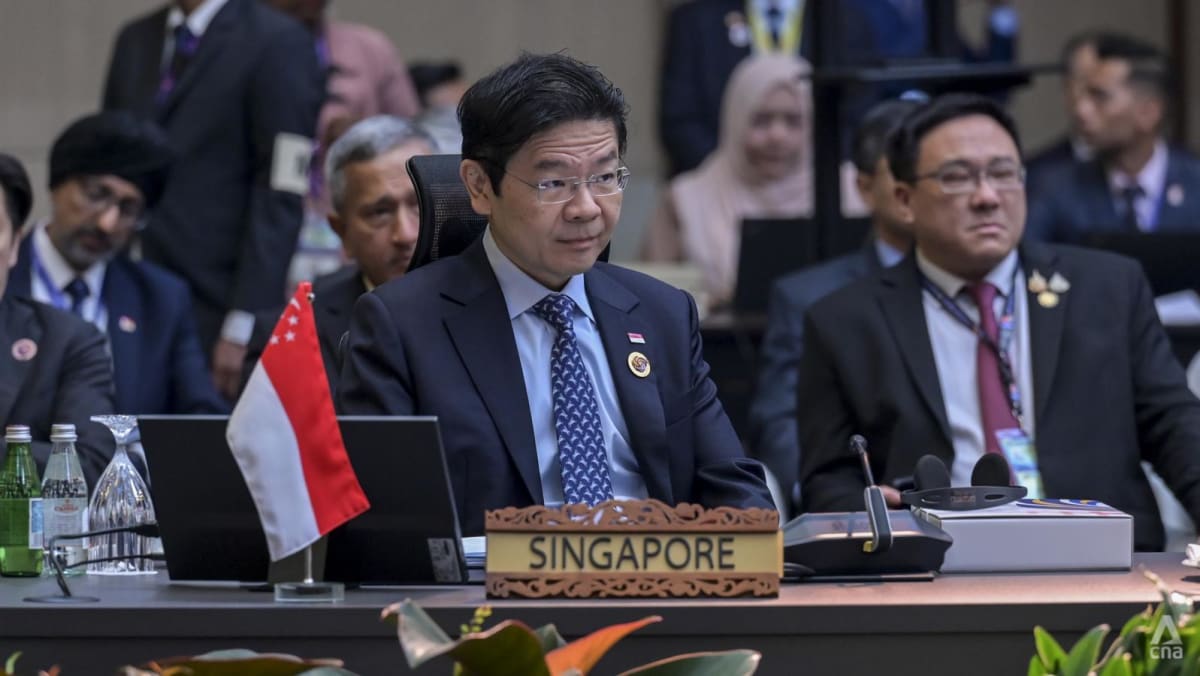JERUSALEM: Israel carried out "preemptive" strikes against Iran on Friday (Jun 13), targeting its nuclear plant and military sites, after US President Donald Trump warned of a possible "massive conflict" in the region.
Explosions were heard Friday morning in the Iranian capital, state TV reported, adding that Iran's air defence were at "100 per cent operational capacity".
Israel declared a state of emergency, with Defence Minister Israel Katz saying that retaliatory action from Tehran was possible following the operation.
"Following the State of Israel's preemptive strike against Iran, a missile and drone attack against the State of Israel and its civilian population is expected in the immediate future," Katz said.
"We are at a decisive moment in Israel's history," Israeli Prime Minister Benjamin Netanyahu said in a recorded video message.
Israel targeted Iranian scientists working on a nuclear bomb, its ballistic missile programme and its Nantanz uranium enrichment facility, in an operation that would continue for days, he said.
A witness in Nantanz city said multiple explosions were heard near the facility, and a senior Iranian official told Reuters that the country's leadership was holding a top security meeting.
An Israeli military official said Israel was striking "dozens" of nuclear and military targets. The official said Iran had enough material to make 15 nuclear bombs within days.
US Secretary of State Marco Rubio said Israel acted unilaterally because it believes the operation was necessary for self-defence.
"Tonight, Israel took unilateral action against Iran. We are not involved in strikes against Iran and our top priority is protecting American forces in the region," Rubio said in a statement.
"Let me be clear: Iran should not target U.S. interests or personnel," he added.
CNN reported that US President Donald Trump was convening a cabinet meeting.
Crude oil prices jumped more than US$3 a barrel on the news.
US and Iranian officials were scheduled to hold a sixth round of talks on Tehran's escalating uranium enrichment programme in Oman on Sunday, according to officials from both countries and their Omani mediators. But the talks have appeared to be deadlocked.
Trump said on Thursday an Israeli strike on Iran "could very well happen" but reiterated his hopes for a peaceful resolution.
"I don't want to say imminent, but it looks like it's something that could very well happen," Trump told reporters at the White House Thursday when asked if an Israeli attack loomed.
Trump said he believed a "pretty good" deal on Iran's nuclear programme was "fairly close", but said that an Israeli attack on its arch foe could wreck the chances of an agreement.
The US leader did not disclose the details of a conversation on Monday with Netanyahu, but said: "I don't want them going in, because I think it would blow it."
Trump quickly added: "Might help it actually, but it also could blow it."
US intelligence had indicated that Israel was making preparations for a strike against Iran's nuclear facilities, and US officials said on condition of anonymity that Israel could attack in the coming days.
Israel has long discussed striking its longtime foe Iran in an effort to block Tehran from developing a nuclear weapon.
The US military is planning for the full range of contingencies in the Middle East, including the possibility that it might have to help evacuate American civilians, a US official told Reuters, speaking on condition of anonymity.
The US on Wednesday said it was reducing embassy staff in Iraq - long a zone of proxy conflict with Iran.
"EXTREMIST"
Israel, which counts on US military and diplomatic support, sees the cleric-run state in Tehran as an existential threat and hit Iranian air defences last year.
Netanyahu has vowed less restraint since the unprecedented Oct 7, 2023 attack on Israel by Tehran-backed Hamas, which triggered the massive Israeli offensive in Gaza.
The United States and other Western countries, along with Israel, have repeatedly accused Iran of seeking a nuclear weapon, which it has repeatedly denied.
Israel again called for global action after the UN's International Atomic Energy Agency (IAEA) accused Iran on Wednesday of non-compliance with its obligations.
The resolution could lay the groundwork for European countries to invoke a "snapback" mechanism, which expires in October, that would reinstate UN sanctions eased under a 2015 nuclear deal negotiated by then US president Barack Obama.
Trump pulled out of the deal in his first term and slapped Iran with sweeping sanctions.
Iran's nuclear chief, Mohammad Eslami, slammed the resolution as "extremist" and blamed Israeli influence.
In response to the resolution, Iran said it would launch a new enrichment centre in a secure location.
Iran would also replace "all of these first-generation machines with sixth-generation advanced machines" at the Fordo uranium enrichment plant, said Behrouz Kamalvandi, spokesman of the Atomic Energy Organization of Iran.
Iran currently enriches uranium to 60 per cent, far above the 3.67-per cent limit set in the 2015 deal and close, though still short, of the 90 per cent needed for a nuclear warhead.


